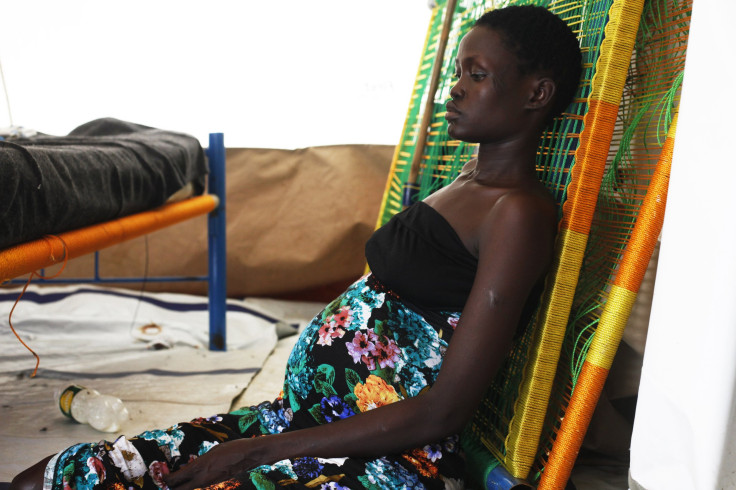Pregnant Women In South Africa Dying Unnecessarily Due To HIV Stigma, Says Amnesty International

Hundreds of pregnant women and girls are dying in South Africa because they fear their HIV status might be revealed during antenatal care, Amnesty International said in a report Thursday. The human rights watchdog said in the report that timely access to proper care could prevent the deaths.
Amnesty International found that a majority of maternal deaths in South Africa were avoidable and pointed out that the other major reasons behind the high number of deaths were lack of information and adequate transport facilities, which act as barriers to early antenatal care. There were about 1,560 recorded maternal deaths in Africa’s most developed country in 2011 and about 1,426 deaths in 2012. Amnesty International said that more than a third of these deaths were linked to HIV.
“It is unacceptable that pregnant women and girls are continuing to die in South Africa because they fear their HIV status will be revealed, and because of a lack of transport and basic health and sexuality education. This cannot continue,” Salil Shetty, Amnesty International’s secretary general said, in a statement. “The South African government must ensure all departments work together to urgently address all the barriers that place the health of pregnant women and girls at risk.”
About 239 women out of every 100,000 giving birth in South Africa die, a figure that is way above the target of 38 that the government had set to reach by 2015. Experts estimated that 60 percent of all maternity deaths could be avoided.
The research conducted by Amnesty International revealed that many women and children avoid antenatal care, which is free in South Africa’s public health system, because they believe that an HIV test is mandatory. Women thus avoid antenatal care until the later stages of pregnancy because of the stigma of “being known to be living with HIV.”
The women in the study conducted in the southeastern KwaZulu-Natal and eastern Mpumalanga provinces testified that health care workers do not keep the results of HIV tests confidential. “The nurses are talking about people and their status," a woman from KwaZulu-Natal said, according to the report.
The report also highlighted a lack of information about sexual and reproductive health and rights as having disastrous consequences for South Africa.
"It is contributing to a high rate of unplanned pregnancies, particularly among girls, the spread of HIV and late access to antenatal care," according to the report.
© Copyright IBTimes 2025. All rights reserved.





















